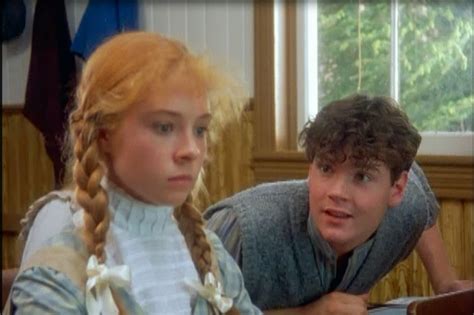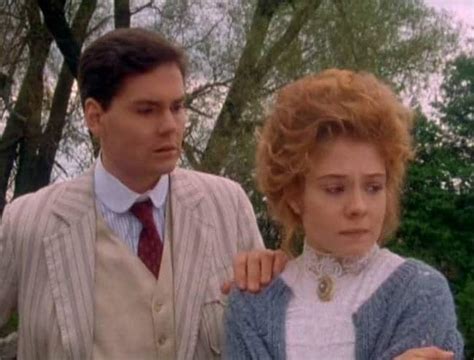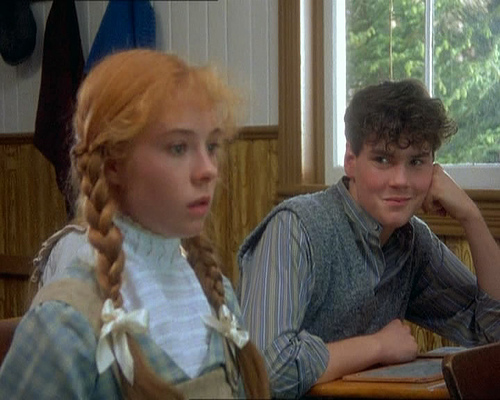|
home | what's new | other sites | contact | about |
||
|
Word Gems exploring self-realization, sacred personhood, and full humanity
Kairissi & Elenchus: XII
K. When we lived in Summerland, I recall Lateece warning us that we’d experience things here that have no meaning in the “real world.” What does it mean to lose the person you love? What does it mean to be lonely, to grieve the loss of one particular other? What really is the essence of evil, of selfishness, and what are the consequences? These traumas could never manifest and reveal themselves in Summerland, but here it’s the norm. However, as we experience these “unthinkable” terrors, we gain a depth of understanding into the nature of life and love that would forever escape us over there. We’d be shallow, feckless, unable to empathetically serve the wayward - or even our deepest selves. E. I never would have guessed that it would be so difficult to “wake up,” to become an individualized person.
Kairissi. There’s a psychology experiment that sheds light on “the voice in the head,” the mental chattering, masquerading as “me.” Elenchus. Please inform us. K. Psychologists Arthur and Elaine Aron devised a method popularly billed as “How To Fall In Love With Anyone, Even A Stranger.” E. Does it deliver? K. It’s not like “Love Potion Number Nine” or, as the churches teach, “the Holy Spirit will keep your marriage together.” E. That’s worked out so well for the world. Did the Arons have more success? K. They sort of did, actually; even with complete strangers. Participating couples in the study would ask each other a series of 36 “increasingly personal questions,” designed to promote intimacy and vulnerability. E. Tell me more. K. There’s quite a bit to read on the internet. And not everyone got married, of course, but I thought it significant that virtually all participants found themselves deeply affected by the ordeal. E. It makes sense to me. If you have to answer intimate questions, things your best friends might not know about you, and now you’ve revealed secrets to this other person, it has to be make you feel “naked”, all the way to your soul. And then, if you stare into that person’s eyes for four minutes, there’s really no place to hide. Krissi, I'm betting that few couples, married or otherwise, have ever allowed themselves that kind of “baring.” K. I'm sure you're right. One reader's comment said: “Tried this on my boyfriend of 2 years. He broke up with me 3 weeks later.” E. I’m not surprised. A lot of people aren’t ready for this kind of penetrating intimacy. K. It’s very threatening and can make one feel very vulnerable. E. This studied eye-to-eye contact, a virtual “peering into the soul” of another, might create an illusion of authentic bond. A heaven in a gaze,
A heaven of heavens, the privilege
Of one another’s eyes. Emily Dickinson
K. This phrase from Emily's poem! - talk about a stunning drop-dead sense of intimacy! You know, Elenchus, we've often spoken of "touching foreheads" as symbol of intoxicating oneness, but simply to look into the eyes of a lover is very much in the same league. In fact, the privilege of gazing into a lover's eyes, in some ways, is far more erotic than body-to-body contact. E. Think about this, too, Kriss. Instead of just invasive eye contact in the experiment, add to it, for example, the girl softly repeating, “I love you” -- even if she didn't really mean it -- plus, with a whispered, repeated invitation to make love to her, to enter her body. Now the illusion could readily reach the boiling point. K. Softly chanting the words could create an illusion of authenticity. He could easily be taken over by this orchestration, and she, too, might begin to believe her own propaganda and fall into a swoon, intoxicated by a verisimilitude of extreme intimacy. E. It would be difficult to resist and not be swept away, with the border-lines of reality and make-believe quickly becoming blurred. K. However, it would all evaporate as quickly as it came. But here’s the point I wanted to make concerning the “thoughts in the head.” To stare into someone’s eyes for four minutes, if done in a wholehearted way, it’s not possible to continue the “chattering in the head” at the same time. When the “monkey mind” stops, then real relationship can begin. Now we’re able to interact with the “real person” directly, without the filtering barrier of our thoughts about that person. E. As Krishnamurti said, the average couple never meet each other authentically, never enter into real relationship, but only know what his or her own “monkey mind” creates as image of the other person.
K. I have this image of the past… it almost feels like a nightmare when I enter it. E. (silence)
K. It’s high school graduation… a warm evening in late May… the ceremonies and speeches are over, people are milling about the auditorium… photographs, smiles, hugs, congratulatory discourse.
E. I remember that evening… and it’s strange, I recall nothing of the official proceedings but only the aftermath, that large crowd of convivial well-wishers… but I was alone… and feeling angry. K. I’d worked hard in high school, had accomplished certain things; even so… I was just glad it was over… and there I stood, awkward, and out of place, in my solitariness. E. For my part, I had not worked hard in high school, but… I too was glad it was over… and there’s a photograph of me that evening… I appear so tall and no-longer-a-boy… but, I looked so very angry… this is not how most look on their graduation night… and it’s shocking to see myself in that photo… so angry. K. I said that my memory of that event is a kind of nightmare… and if you’d asked that just-graduated teen girl, why are you feeling so foreign to yourself? – she’d have been hard pressed to offer explanation… it should have been a time of happiness… but I just felt alone and misplaced. E. (silence) K. But that was so many decades ago now, and today my more-mature self knows quite well what was wrong… subliminally and unconsciously bothering me… E. (silence) K. I would soon exit that auditorium without even so much as an encouraging word or touch on the shoulder… for you… and would walk away, not look back, not see you again for a very long time… and this is my recurring “nightmare”.
E. And, of course, I also said nothing to you. It’s very surreal… you see someone almost every day, all the years of early schooling… she’s part of the scenery, always there, you could walk over to her anytime and say something... but you never do… and then, one evening, you march out of the auditorium and… she’s gone forever.
K. (sighing) Sometimes I try to repair my nightmare by imagining what ought to have happened. E. (silence) K. I see myself again in that crowded auditorium, and as usual I’m alone, feeling awkward…
K. ... and then it occurs to me… I should find you and say something… I haven’t spoken to you all during high school… I was too angry with you… but in this alternate version I’m looking for you… and I see you, standing alone, and I can tell you’re not happy and about to leave… but this time I go to you, which makes me feel even more awkward because I’d been avoiding you for a long time; so long a time that I no longer had a right to go to you.
E. And what do you say to me? K. In these “repair” versions, it’s always different… I don’t know what to say, it’s just that, I don’t want you to walk out of that auditorium… into a new world and go far away where I’ll never see you again... and I'm afraid... I feel a terror in my spirit... what if you don't want to talk to me anymore - (sighing) and... how could I blame you?
E. I think my first reaction would have been a measure of surprise, to actually witness you even agreeing to look at me. I'd gotten used to you turning away, acting like I wasn't there.
K. It would be very difficult for me to speak, but, in my heart of hearts, what I’d be wanting to say is, “Elenchus… we haven't talked in a long time... would you like to maybe go for a walk or something?” E. And how do I respond? K. You always agree, there’s never any hesitation… and we do talk that evening… and the outcome is always the same… we quickly find ourselves overflowing with desire for relationship. E. (sighing) Well, Kriss, we’ve been over this and over this, and we both sense that this is the very reason why, as it appears, we were prevented from talking back then… you know, the “law of repulsion” and the “law of attraction.”
K. Yes, I understand… we had lessons to learn by being apart for a long time… but I guess what always amazes me, when I entertain these “repair visions”, is how readily we fall into close harmony with even the slightest encouragement. E. I think “nightmare” is a good way of describing how we sabotaged each other.
K. There’s so much loss in all this, Elenchus, and if I’m not careful I can fall into an abyss of great mourning… maybe I should say, fall into it again... again and again... but I’ve finally realized this: to lose the boy you ought to have gone through life with, the one you dream about every night, the one you search for in every passing face - is absolutely the most devastating loss imaginable - and if you ever want a teaching lesson to shake you up, and wake you up, this would be it.
|
||
|
|











